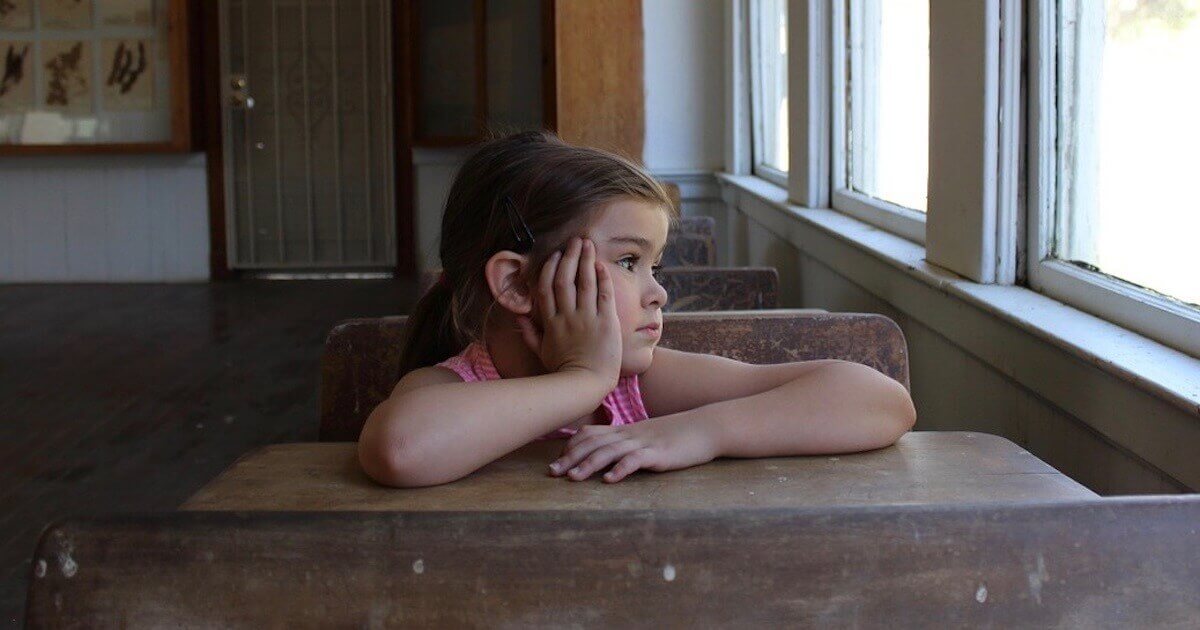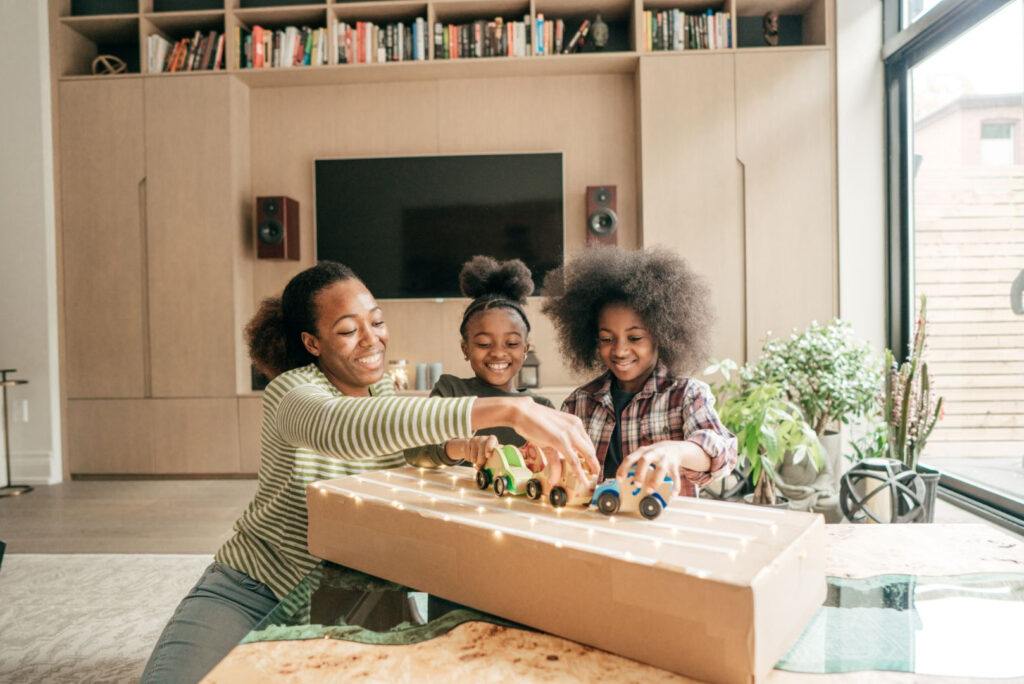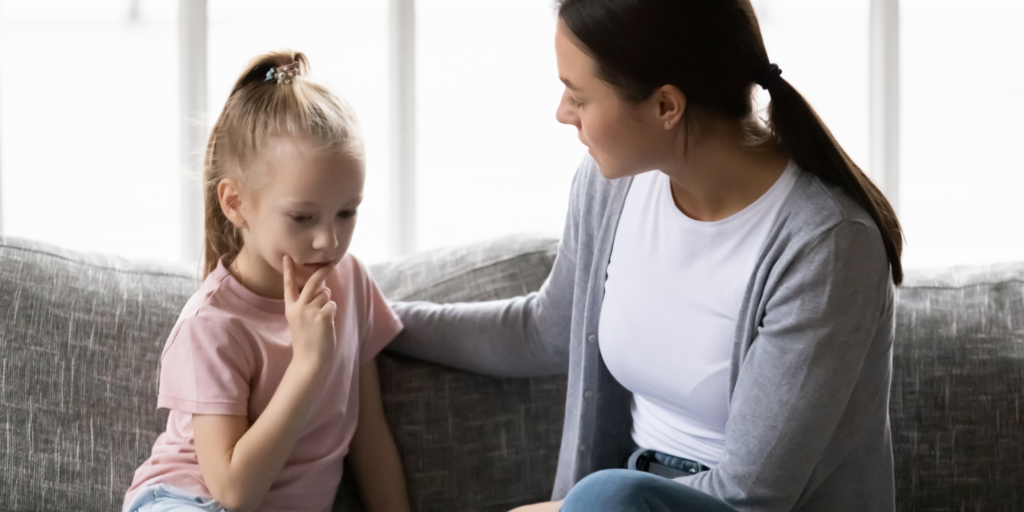How to Identify Back-to-School Separation Anxiety in Your Child

Wondering how to identify back-to-school separation anxiety in your child?
For some families, the transition back to school can be an exciting time. For others, it can be particularly challenging, especially when a child in the family is exhibiting signs of separation anxiety. While it is normal to be nervous about the unknown, the anxiety associated with separation from attachment figures can be unbearable for some children.
Signs and symptoms of separation anxiety:
- Frequent complaints of a headache or stomach ache when anticipating or experiencing separation from attachment figure
- Anxiety or fear during separation from attachment figure
- Refusal or unwillingness to leave home
- Frequent worries that harm will come to attachment figure, or that harm will come to self when away from attachment figure
- Frequent nightmares about separation
Who is most affected by separation anxiety?
Both children and adults are subject to the symptoms of separation anxiety. Additionally, both genders are equally affected. The most common age ranges of those suffering are between five and seven years and 11 and 14 years old. These are both important developmental times when a child is developing their independence and sense of self. Without treatment, the child may fall behind their peers and struggle to reach their potential.
How to Identify Back-to-School Separation Anxiety in Your Child
Separation anxiety is not always easy to identify, as young children may not have the language or capacity to express their struggles. Parents may become frustrated as the child begs to skip school daily, or refuses to spend the night away from home. Once away from home, the child may frequently complain of physical symptoms such as nausea or headaches. Separation anxiety is also often accompanied by irrational fears of harm befalling the self or those that one is attached to.
How to find the help you need
Suffering from separation anxiety can interfere with a child’s academic and social functioning. The successful treatment of separation anxiety requires a thoughtful assessment of factors that may be contributing to the child’s irrational fears in order to develop a comprehensive treatment plan. Anxiety specialists are experienced in helping their clients manage the symptoms of separation anxiety. Finding the best-fit therapist for your child and requesting an appointment with a compassionate and knowledgeable therapist from the Great Lakes Psychology Group network is simple.
Separation anxiety is treatable. Find the help you need today.
Ready to prioritize your mental health?
Great Lakes Psychology Group is here to help. With an extensive network of caring therapists available to meet online or in-person, we make it easy to find the right fit for your unique needs.



